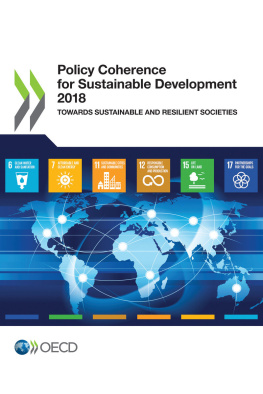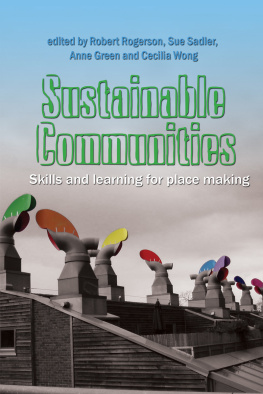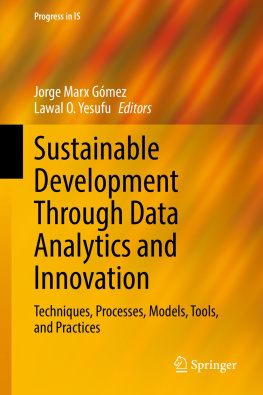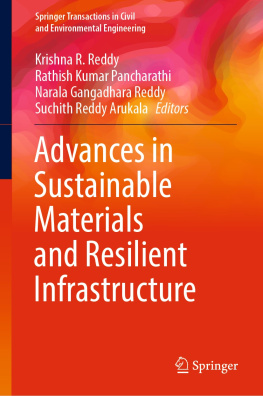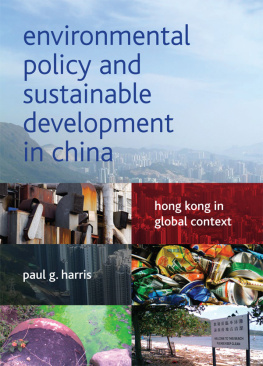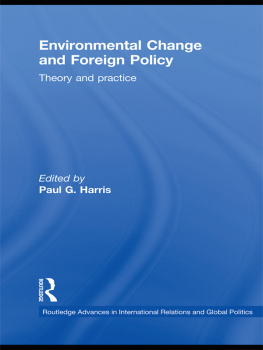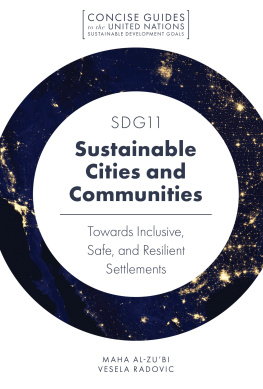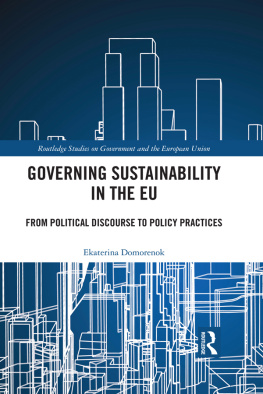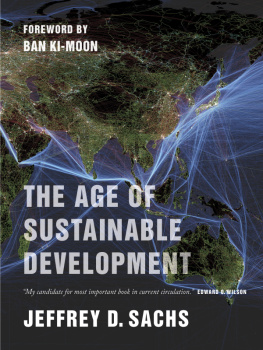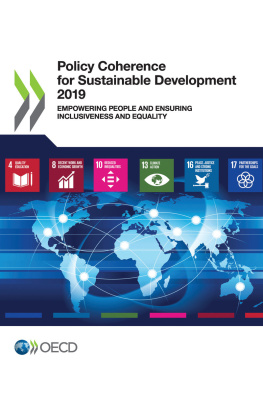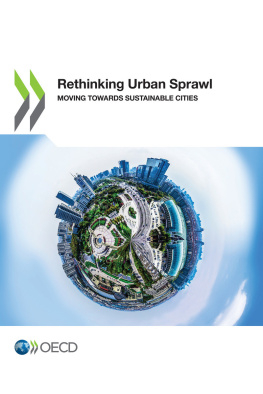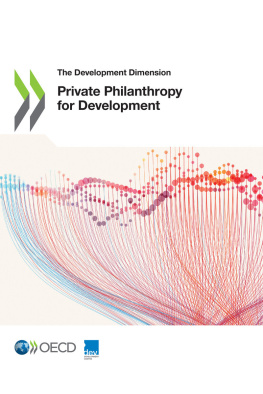coll. - Policy Coherence for Sustainable Development 2018 - Towards Sustainable and Resilient Societies
Here you can read online coll. - Policy Coherence for Sustainable Development 2018 - Towards Sustainable and Resilient Societies full text of the book (entire story) in english for free. Download pdf and epub, get meaning, cover and reviews about this ebook. City: Paris, year: 2018, publisher: Organization for Economic Cooperation and Development, genre: Politics. Description of the work, (preface) as well as reviews are available. Best literature library LitArk.com created for fans of good reading and offers a wide selection of genres:
Romance novel
Science fiction
Adventure
Detective
Science
History
Home and family
Prose
Art
Politics
Computer
Non-fiction
Religion
Business
Children
Humor
Choose a favorite category and find really read worthwhile books. Enjoy immersion in the world of imagination, feel the emotions of the characters or learn something new for yourself, make an fascinating discovery.
Policy Coherence for Sustainable Development 2018 - Towards Sustainable and Resilient Societies: summary, description and annotation
We offer to read an annotation, description, summary or preface (depends on what the author of the book "Policy Coherence for Sustainable Development 2018 - Towards Sustainable and Resilient Societies" wrote himself). If you haven't found the necessary information about the book — write in the comments, we will try to find it.
Policy Coherence for Sustainable Development 2018 - Towards Sustainable and Resilient Societies — read online for free the complete book (whole text) full work
Below is the text of the book, divided by pages. System saving the place of the last page read, allows you to conveniently read the book "Policy Coherence for Sustainable Development 2018 - Towards Sustainable and Resilient Societies" online for free, without having to search again every time where you left off. Put a bookmark, and you can go to the page where you finished reading at any time.
Font size:
Interval:
Bookmark:
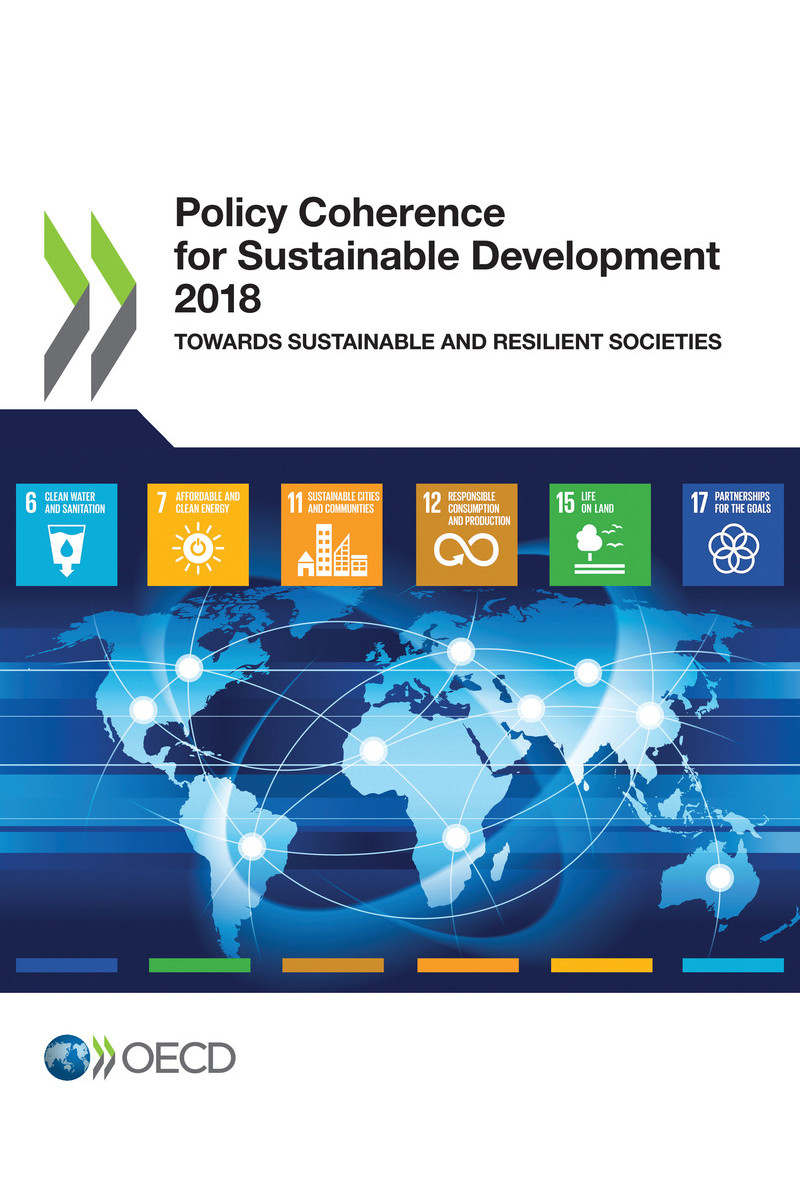
OECD (2018), Policy Coherence for Sustainable Development 2018: Towards Sustainable and Resilient Societies , OECD Publishing, Paris.
http://dx.doi.org/10.1787/9789264301061-en
The 2030 Agenda is a universal, collective responsibility that covers all levels: global, national and territorial. The increased complexity and interconnectedness of the world, combined with the growing perception of unfair globalisation and the erosion of trust in the multilateral system, have considerably expanded the range of global policy challenges which cannot be solved by any one country alone. This calls for a stronger and more coherent multilateral system that helps to reconcile and deliver the economic, social and environmental transformations needed to achieve the SDGs.
This year, the United Nations High Level Political Forum (HLPF) will take stock of progress on the Sustainable Development Goals (SDGs) under the theme Transformation towards sustainable and resilient societies. SDG target 17.14 to enhance policy coherence for sustainable development reflects the reality that transforming our societies and realising the SDGs is a multidimensional challenge. It calls for breaking out of policy silos and increasing capacities to identify, understand and manage interactions and interconnections among SDGs. It entails harnessing synergies, managing trade-offs and policy conflicts, and addressing the potential transboundary and intergenerational policy effects of domestic and international action. Most importantly, it means ensuring that no one is left behind, which is the foundational purpose of the 2030 Agenda for Sustainable Development. Governments cannot act alone, however. They have a responsibility to engage with and work across multiple sectors, actors and governance levels.
The transformation towards sustainable and resilient societies cannot be achieved without addressing the systemic causes of vulnerability, including: inequalities; injustice and discrimination; weak governance and institutions; and the depletion of natural resources. It requires significantly changing the scale and the way we consume and produce in order to relieve pressure on the natural asset base on which economies and human well-being rely. In practice, this means challenging the often short-term focus on the domestic interests and recognising the long term, systemic risks that threaten social, economic, environmental and governance systems, while taking into account the enabling role of global common goods and enhancing well-being globally and for future generations.
Against this backdrop, the 2018 edition of Policy Coherence for Sustainable Development , which forms part of the OECDs contribution to this years HLPF, seeks to inform policymaking by providing analysis on critical interlinkages among the Goals under HLPF review. It identifies institutional mechanisms for enhancing policy coherence in SDG implementation and explores ways of tracking progress by sharing insights from a range of thinkers and partner organisations. This work also responds to the OECD Action Plan on the Sustainable Development Goals which calls on the OECD to contribute policy analysis, guidance and tools to support countries efforts to implement the SDGs.
The OECD stands ready to support all actors, stakeholders and policymakers to develop and implement approaches to strengthen policy coherence. This shared effort can help deliver on the goals of the 2030 Agenda for Sustainable Development and on the vision, mission and ambition of the OECD to promote better policies for better lives.
Angel Gurra
Secretary-General of the OECD
This report was prepared by the OECD Policy Coherence for Development (PCD) Unit in the Office of the Secretary-General, under the overall supervision of Ebba Dohlman, Senior Advisor, and with analytical support from Ernesto Soria Morales and Carina Lindberg. Elisabeth Kamm, Carlo Schmid intern, provided valuable inputs to the drafting and review process of all national survey responses.
The report draws extensively on analysis carried out across a range of OECD Directorates. Chapter 1 has benefitted from an in-depth review, with substantive inputs provided by the following colleagues: Bril Anderson, Ruben Bibas, Simon Buckle, Anthony Cox, Rob Dellink, Jane Ellis, Katia Karousakis, Kumi Kitamori, Myriam Linster, Michael Mullan, Dirk Rttgers, Aayush Tandon and Robert Youngman in the Environment Directorate; Aziza Akhmouch, Stefano Marta, Delphine Clavreul, Marissa Plouin, Oriana Romano, Abel Schumann, Hkan Tropp and Paolo Veneri in the Centre for Entrepreneurship, SMEs, Regions and Cities ; Liwayway Adkins, Ana Fernandes, Nicolina Lamhauge, Naeeda Crishna Morgado and Ccilia Piemonte in the Development Co-operation Directorate; Guillaume Grure, Gregor Slokan and Ronald Steenblik in the Trade and Agriculture Directorate; Michal Shinwell in the Statistics and Data Directorate; Luisa Dressler in the Centre for Tax Policy and Administration; Caitlyn Guthrie in the Directorate for Education and Skills; Laura Vlker and Julie Habersetzer in the Council and Executive Committee Secretariat; and Laura Cozzi, Daly Hannah and Dave Turk of the International Energy Agency. We are grateful for their support and guidance. Comments by written procedure were invited from the Environment Policy Committee; the Development Assistance Committee, the Regional Development Policy Committee, the Working Party on Urban Policy, and the Members of the Water Governance Initiative. The chapter was also circulated to and discussed by the OECDs Executive Committee [CE(2018)1].
Chapters 2, 3, 4 and 5 collect and present information from numerous sources, including OECD countries Voluntary National Reviews to the United Nations High-Level Political Forum, country responses to a survey on institutional mechanisms for policy coherence, OECD statistical databases and recent publications, and inputs from members of the Multi-stakeholder Partnership on Enhancing Policy Coherence for Sustainable Development. We are also grateful to Jorge Moreira da Silva, Director of the OECD Development Co-operation Directorate, and Colin Bradford, Non-Resident Senior Fellow at The Brookings Institution, and Neil Martin, independent consultant, for their contributions to Chapter 5.
Font size:
Interval:
Bookmark:
Similar books «Policy Coherence for Sustainable Development 2018 - Towards Sustainable and Resilient Societies»
Look at similar books to Policy Coherence for Sustainable Development 2018 - Towards Sustainable and Resilient Societies. We have selected literature similar in name and meaning in the hope of providing readers with more options to find new, interesting, not yet read works.
Discussion, reviews of the book Policy Coherence for Sustainable Development 2018 - Towards Sustainable and Resilient Societies and just readers' own opinions. Leave your comments, write what you think about the work, its meaning or the main characters. Specify what exactly you liked and what you didn't like, and why you think so.

